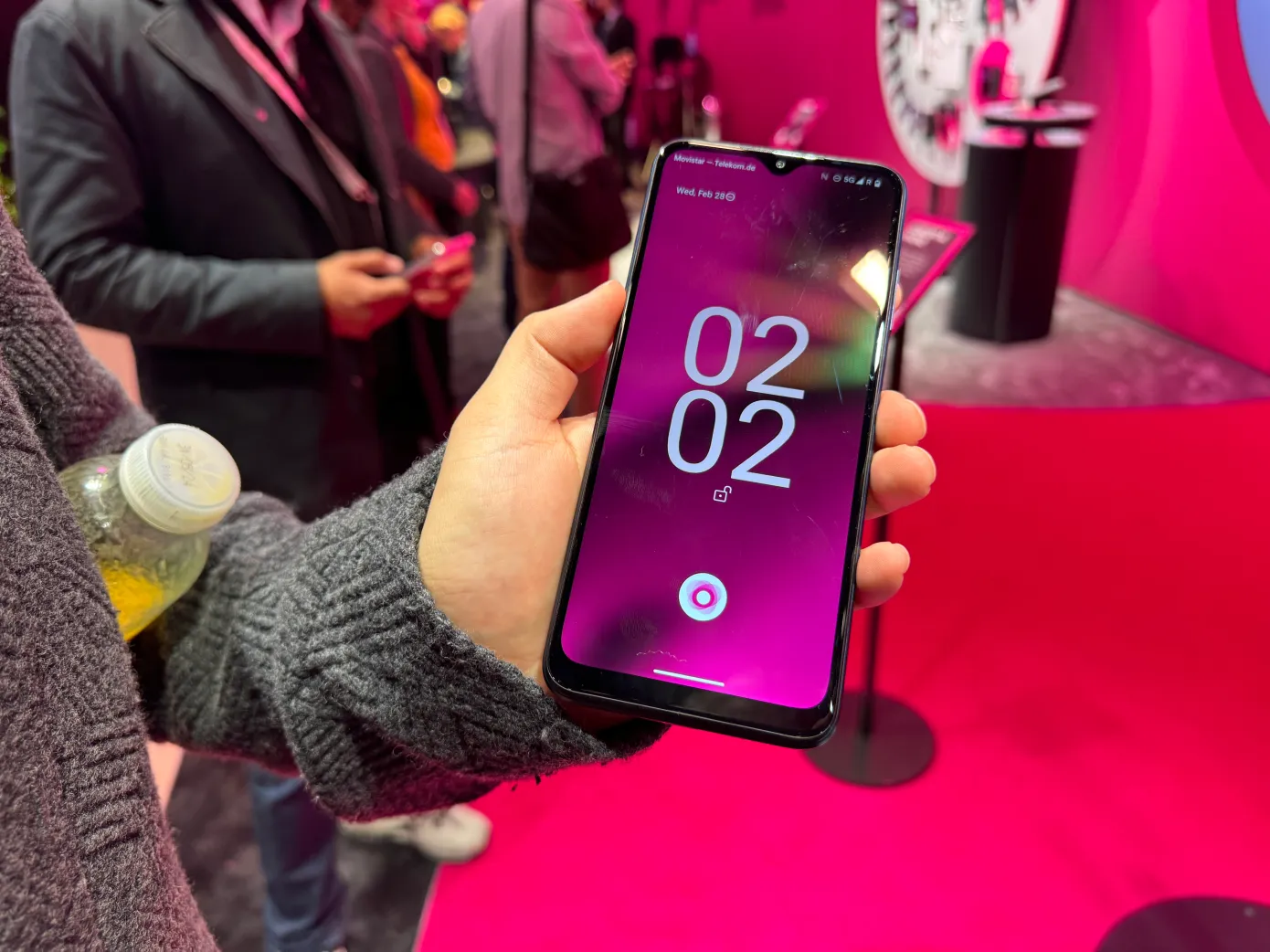Brain.ai is introducing a groundbreaking smartphone interface powered by generative AI, offering a glimpse into the future of mobile technology. At the Mobile World Congress (MWC), the company showcased its innovative approach to smartphone design, hinting at a potential shift away from traditional devices.

In discussions with Brain.ai’s founder and CEO, Jerry Yue, the company’s vision for the future of smartphones became evident. While traditional smartphones have reached a plateau in terms of design and functionality, Brain.ai sees generative AI as the key to unlocking the next generation of devices.
The Brain.ai interface represents a departure from conventional smartphone operating systems. Instead of relying solely on predetermined commands and interactions, it leverages generative AI to dynamically respond to user queries and adapt to their preferences.
While the interface is built on the Android kernel, it diverges significantly from traditional operating systems by integrating generative AI as its foundational element. This approach transforms the user experience, offering a more intuitive and personalized interaction with the device.
The concept of an “AI phone” is not entirely new, but Brain.ai’s implementation goes beyond previous iterations by incorporating advanced generative AI capabilities. These capabilities enable the device to understand user needs, provide contextually relevant recommendations, and continuously improve over time.
Brain.ai’s interface is designed to be hardware-agnostic, meaning it can adapt to different device form factors seamlessly. While the initial rollout will occur on the T-Mobile REVVL Plus, the interface is compatible with a range of devices, regardless of their specifications.

One of the interface’s standout features is its ability to generate personalized recommendations based on user queries. Whether it’s recommending gifts for a specific individual or providing tailored shopping suggestions, Brain.ai’s AI-driven interface offers a unique and efficient way to interact with the device.
Privacy and security are also paramount considerations for Brain.ai. By minimizing reliance on third-party apps and providing transparent explanations for AI-generated recommendations, the interface aims to give users greater control over their digital experience.
As Brain.ai continues to refine its interface and expand its capabilities, it represents a significant step forward in the evolution of smartphones. With the growing emphasis on generative AI in the tech industry, Brain.ai’s vision aligns with broader trends shaping the future of mobile technology.
Leave a Reply